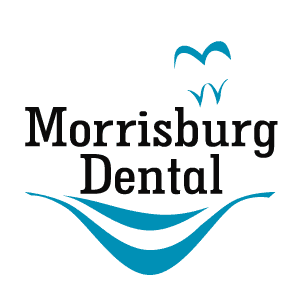Mon., Thurs. 8:00 am - 5 pm
Tues., Wed. 8:00 am - 8 pm
Fri. 8:00 am - 2:00 pm
Sat. 9:00 am - 3:00 pm
Sun. Closed
Tues., Wed. 8:00 am - 8 pm
Fri. 8:00 am - 2:00 pm
Sat. 9:00 am - 3:00 pm
Sun. Closed

Hormonal changes occur in expectant women, and they can sometimes lead to dental health issues such as sensitive gums. This may require you to make a visit to the dentist for tooth surgery, a molar tooth extraction, among other services.
Dental care during pregnancy requires keen attention since there are some risks involved that could be potentially harmful to you or your baby’s health. However, when done correctly, you can go through the procedures without having to worry.
Changes in hormone levels can lead to the development of some dental issues or worsen already existing conditions. Some of these oral issues include the following:
Aside from the aforementioned oral conditions, you may also need to get tooth extraction care if you experience any of the following symptoms:
On most occasions, dental practitioners avoid teeth surgeries on pregnant women. This is because it could lead to a lot of pain or give the expecting mother stress, which affects the baby’s health.
Sometimes you may require emergency dental services in tooth extraction care when pregnant. However, dentists don’t always perform these procedures. Timing is everything, and the optimal period to get your tooth removed during pregnancy is the second trimester.
During the first trimester, your baby is developing, and therefore, dental procedures are not performed in this crucial stage. The best option is to use home remedies and avoid medications.
The second trimester is optimal since the baby will have developed most of its organs. Although this is a safe window to get your tooth removed, do not engage in any advanced dental procedures.
The last trimester is a challenging one since you will experience difficulty staying in a stationary position for an extended period. The pain from dental procedures can also cause stress and risk premature birth of the child. Your best bet is to wait until after you’ve delivered the baby.
When having the procedure, anesthesia may be administered, or the dentist may have to take an X-ray. Ensure the dental practitioner uses a lead sheet to cover your upper body and protect your child from the harmful radiation.
Confirm with your dentist that the anesthesia he/she is using cannot pass through the placenta. Some types of anesthesia get filtered out, and thus your baby stays safe while others don’t.
When it comes to drugs, especially pain medications, go for those that are taken only for a short while – 72 hours or less. However, refrain from them during the first and third trimesters.
Take the following preventive measures to ensure you do not end up needing a tooth extraction during pregnancy:
Your oral health is the ultimate prevention measure against dental problems during pregnancy. Practice proper dental hygiene, and you will minimize your chances of ever needing a tooth extraction while pregnant.

 What Happens When Your Dentist Suggests Root Canal Therapy?
What Happens When Your Dentist Suggests Root Canal Therapy?